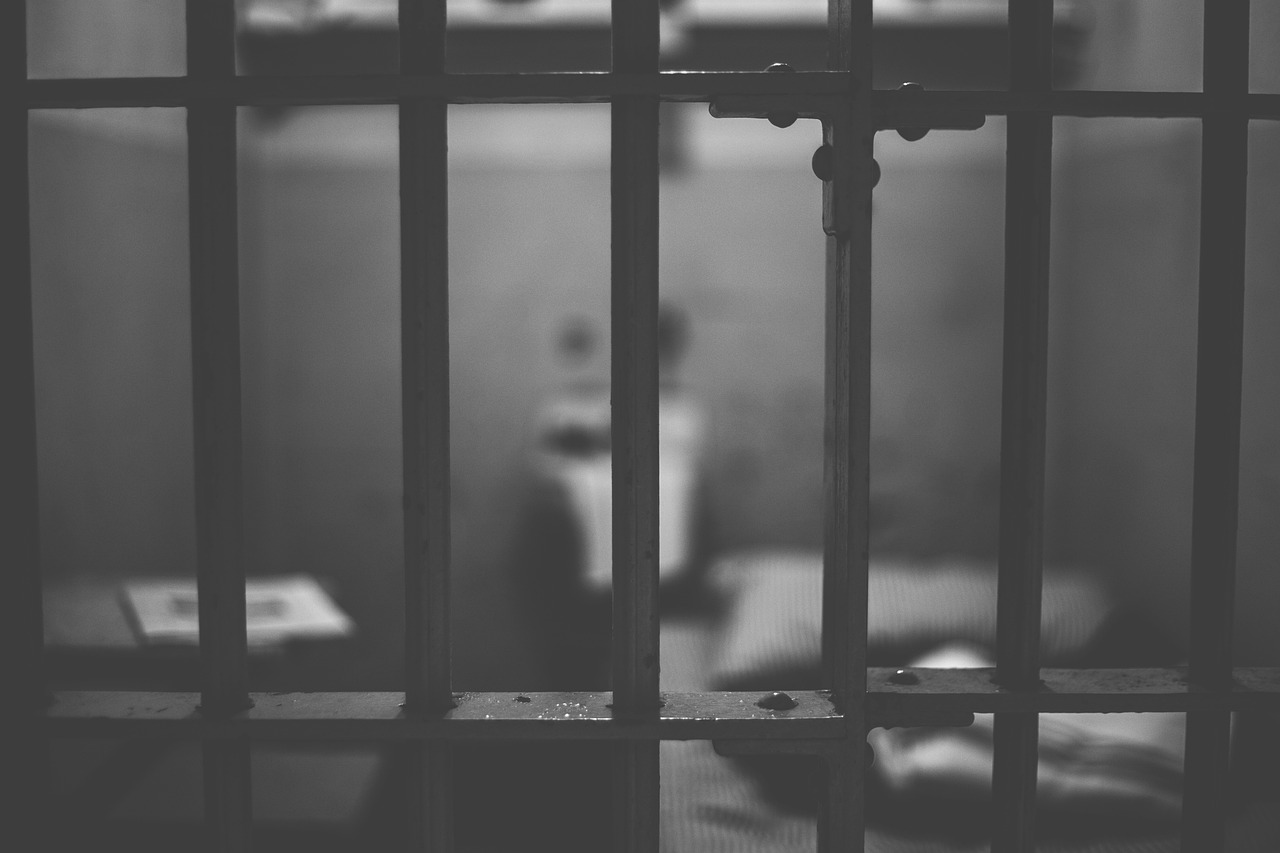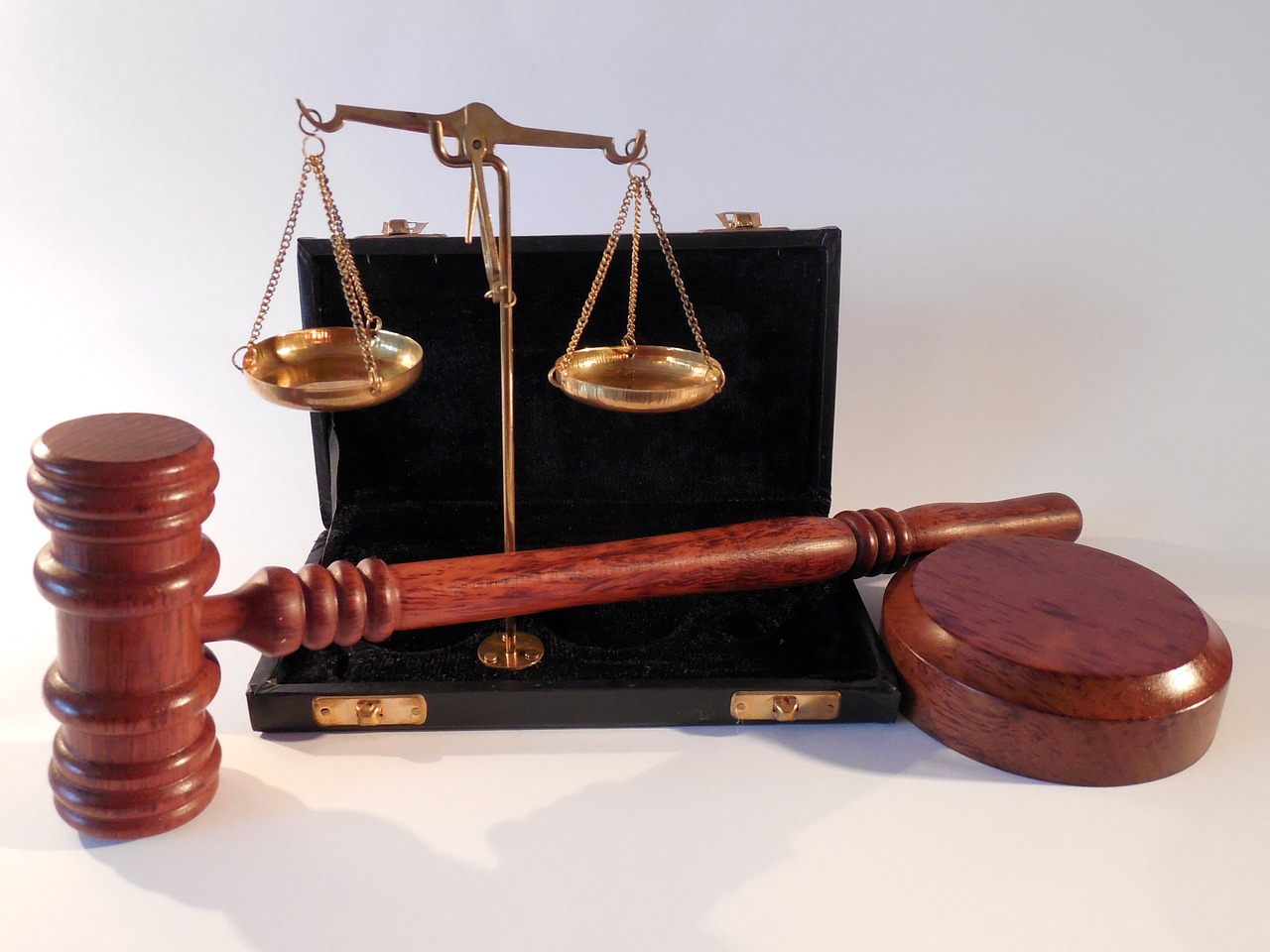In the realm of criminal law, a criminal trial is a crucial legal process that determines the guilt or innocence of an individual accused of a crime. Throughout this high-stakes ordeal, evidence is presented, witnesses are called upon, and legal arguments are fiercely debated. The outcome of a criminal trial has the power to alter the lives of those involved, making it essential for individuals facing criminal charges to understand the complexities of this legal process. As a criminal defense attorney, we aim to demystify the criminal trial process, addressing common concerns and guiding individuals through this challenging time. Whether you are a business owner or an individual facing charges, our expertise and experience in criminal defense can provide you with the necessary support and effective legal representation.
Criminal Trial

Overview of a Criminal Trial
In the realm of law, a criminal trial is a judicial proceeding in which an individual accused of committing a crime undergoes a fair and impartial examination of the evidence against them. This article aims to provide a comprehensive understanding of the various stages, participants, burden of proof, evidence, rights, and possible outcomes associated with a criminal trial.
Definition
A criminal trial is a legal process that determines the guilt or innocence of a person accused of committing a crime. It is essential to understand that criminal trials differ from civil trials, as they involve the violation of a public law and potential criminal consequences, such as imprisonment or fines, rather than private disputes between individuals.
Purpose of a Criminal Trial
The primary purpose of a criminal trial is to ensure justice by striking a balance between the interests of society in punishing wrongdoing and protecting the rights of the accused. It serves as a mechanism to ascertain the truth and fairness, allowing the accused the opportunity to present their defense, challenge the evidence against them, and prove their innocence.
Stages of a Criminal Trial
A criminal trial comprises three distinct stages: the pretrial stage, the trial stage, and the post-trial stage. Each stage plays a crucial role in the overall process and serves different purposes.
Pretrial Stage
In the pretrial stage, various activities take place before the actual trial begins. These include the arrest and booking of the accused, the initial appearance before a judge, the determination of bail or pretrial release conditions, and the gathering and exchange of evidence between the prosecution and defense. Pretrial motions, such as motions to suppress evidence or dismiss charges, may also be filed and litigated during this stage.
Trial Stage
The trial stage is the central component of a criminal trial. It is during this stage that the evidence is presented, witnesses testify, and the arguments of both the prosecution and defense are heard. The trial follows a specific structure, commencing with the selection and swearing-in of the jury, opening statements, direct and cross-examination of witnesses, presentation of exhibits, closing arguments, and jury instructions. The jury, or in some cases, the judge, then deliberates and delivers a verdict.
Post-Trial Stage
Following the trial, the post-trial stage begins. This stage involves the rendering of a verdict and the subsequent legal proceedings. If the verdict is not guilty, the accused is acquitted of the charges, and the case concludes. If the verdict is guilty, the court proceeds to the sentencing phase, where the appropriate punishment is determined. Additionally, both the prosecution and defense have the right to file appeals challenging the trial court’s decision.
Participants in a Criminal Trial
Several key participants are involved in the criminal trial process, each with specific roles and responsibilities.
Judge
The judge is a neutral and impartial arbiter who presides over the trial and ensures that both sides adhere to the rules and procedures of the court. They have the authority to make determinations on various legal matters, such as motions, objections, and the admissibility of evidence. Ultimately, the judge is responsible for ensuring a fair and just trial.
Prosecution
The prosecution, represented by a district attorney or a prosecutor, represents the government’s interests in the trial. Their role is to present evidence, call witnesses, and argue for the guilt of the accused. Prosecutors have an ethical duty to seek justice and not merely a conviction, ensuring that the accused receives a fair trial.
Defense
The defense attorney represents the accused throughout the trial. Their primary objective is to protect the rights and interests of the accused and mount a vigorous defense against the charges. The defense attorney challenges the prosecution’s evidence, cross-examines witnesses, and presents arguments to establish doubt or prove innocence. They play a crucial role in safeguarding the accused’s constitutional rights.
Jury
In most criminal trials, a jury is selected to hear the evidence presented and decide on the accused’s guilt or innocence. The jury is composed of ordinary citizens who are impartial and unbiased. They listen to the evidence, assess its credibility, and apply the law as instructed by the judge to reach a verdict. The jury system is an integral part of the criminal justice system, as it incorporates community perspectives and ensures a fair and diverse decision-making process.
Burden of Proof in a Criminal Trial
The burden of proof refers to the duty of the prosecution to establish the guilt of the accused beyond a reasonable doubt. It is the highest standard of proof in the legal system and requires the prosecution to present evidence that is so convincing that no reasonable doubt exists in the minds of the jury.
Beyond a Reasonable Doubt
Beyond a reasonable doubt means that there should be no logical or reasonable explanation based on the evidence presented that casts doubt on the accused’s guilt. It is not an absolute certainty but a level of certainty that leaves no room for reasonable doubt. This high standard is essential to protect the rights of the accused and prevent unwarranted convictions.
Presumption of Innocence
The presumption of innocence is a fundamental principle in criminal trials. It asserts that the accused is innocent until proven guilty. This means that the burden of proof lies with the prosecution to establish the accused’s guilt beyond a reasonable doubt. The presumption of innocence serves as a safeguard against wrongful convictions and ensures that the accused is not unfairly punished without sufficient evidence.

Evidence in a Criminal Trial
The evidence presented in a criminal trial plays a crucial role in determining the guilt or innocence of the accused. It is essential to understand the types of evidence and the rules governing their admissibility.
Types of Evidence
Different types of evidence can be presented during a criminal trial, including testimonial evidence such as witness statements and expert opinions, documentary evidence such as contracts or photographs, physical evidence such as fingerprints or DNA, and demonstrative evidence such as diagrams or visual aids. The prosecution and defense have the opportunity to present and challenge evidence to support their respective cases.
Admissibility of Evidence
The admissibility of evidence is subject to specific rules and standards. The judge determines whether evidence is relevant, reliable, and obtained legally. The exclusionary rule, for example, prohibits the use of evidence obtained through illegal searches or seizures. It is crucial for both the prosecution and defense to understand the rules of evidence to ensure a fair trial.
Your Rights in a Criminal Trial
As an accused individual in a criminal trial, you have several rights that are protected by the legal system. These rights are essential to ensure a fair and just trial.
Right to Legal Representation
You have the right to legal representation, and if you cannot afford an attorney, one will be appointed to you. A skilled and experienced defense attorney plays a crucial role in protecting your rights, building a strong defense, and advocating on your behalf throughout the trial process.
Right to Confront Witnesses
You have the right to confront and cross-examine witnesses testifying against you. This allows you or your attorney to question the credibility, accuracy, and motivations of the witnesses, ensuring a fair and thorough examination of the evidence presented.
Right to Remain Silent
You have the right to remain silent and not incriminate yourself. This means that you are not obliged to testify or provide any statements that may be used against you. Exercising this right does not imply guilt or admission of wrongdoing but rather a protection of your constitutional rights.

Possible Outcomes of a Criminal Trial
At the conclusion of a criminal trial, several outcomes may arise, depending on the verdict and the circumstances of the case.
Guilty Verdict
If the jury or judge finds you guilty beyond a reasonable doubt, you will be convicted of the crime. This typically leads to sentencing, where the court determines the appropriate punishment based on various factors such as the severity of the offense and your criminal history.
Not Guilty Verdict
If the jury or judge determines that there is reasonable doubt regarding your guilt, you will be acquitted of the charges. An acquittal means that the state failed to meet the burden of proof, and you are considered innocent in the eyes of the law.
Mistrial
In some cases, a mistrial may occur due to various reasons, such as procedural errors, jury misconduct, or an inability to reach a unanimous verdict. A mistrial does not result in a conviction or acquittal and may lead to the case being retried at a later date.
Frequently Asked Questions
Can I change lawyers during a criminal trial?
Yes, you have the right to change lawyers during a criminal trial if you are not satisfied with your current legal representation. However, it is crucial to consult with your new lawyer to ensure a smooth transition and maintain continuity in your defense strategy.
What is the difference between a bench trial and a jury trial?
In a bench trial, the judge alone decides the verdict, whereas in a jury trial, a group of unbiased individuals (the jury) is responsible for determining guilt or innocence. The choice between a bench trial and a jury trial often depends on various factors, such as the complexity of the case, the preference of the accused, and the strategic considerations of the defense.
How long does a criminal trial typically last?
The duration of a criminal trial can vary significantly depending on various factors, such as the complexity of the case, the number of witnesses, and the availability of the court. Some trials may last a few days, while others can stretch over several weeks or even months.
What happens if I am found guilty in a criminal trial?
If you are found guilty in a criminal trial, the court proceeds to the sentencing phase. During this phase, the judge considers various factors, such as the nature and severity of the offense, your criminal history, and any mitigating or aggravating circumstances, to determine the appropriate punishment, which may include incarceration, fines, probation, or community service.
Can I appeal the outcome of a criminal trial?
Yes, if you are found guilty, you have the right to appeal the outcome of the trial. An appeal is a legal process where a higher court reviews the trial court’s decision to ensure that legal errors or constitutional violations did not occur. It is essential to consult with your attorney to determine the viability of an appeal based on the specifics of your case.
In conclusion, a criminal trial is a complex judicial process that aims to determine the guilt or innocence of an accused individual. Understanding the stages, participants, burden of proof, evidence, rights, and possible outcomes associated with a criminal trial is crucial when facing criminal charges. It is essential to seek the assistance of a skilled defense attorney who can provide guidance, protect your rights, and build a robust defense strategy tailored to your specific circumstances. If you or someone you know is involved in a criminal trial, don’t hesitate to contact our experienced legal team for a consultation.



